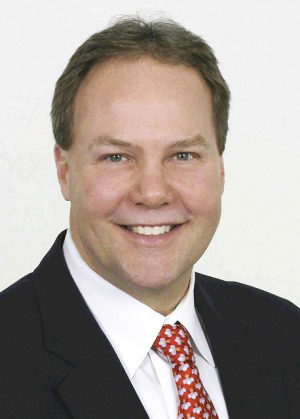Do you dream of retiring early to pursue activities other than work, such as volunteering, traveling or spending more time on your hobbies? Making this dream a reality requires careful planning and diligent saving during the years leading up to the anticipated retirement date.
Max out retirement accounts
Retirement savings accounts such as IRAs and 401(k)s are the main source of retirement income for many Americans. One of the best ways to retire early is to build up these accounts as quickly as possible by contributing the maximum amount allowed by law each year.
 In 2018, you can contribute up to $18,500 to your 401(k) if you”™re under the age of 50. If you”™re 50 years of age or over, you can make an additional catch-up contribution of $6,000, bringing the total annual 401(k) contribution limit up to $24,500 this year.
In 2018, you can contribute up to $18,500 to your 401(k) if you”™re under the age of 50. If you”™re 50 years of age or over, you can make an additional catch-up contribution of $6,000, bringing the total annual 401(k) contribution limit up to $24,500 this year.
Additionally, you can contribute up to $5,500 to your traditional or Roth IRA this year if you”™re under the age of 50 and meet other requirements. If you”™re 50 years of age or over, you can make an additional catch-up contribution of $1,000, bringing the total annual IRA contribution limit up to $6,500 this year. Depending on your income, you may qualify to contribute to both a 401(k) and a deductible IRA or Roth IRA.
Keep in mind that if you plan to tap into your 401(k) or IRA to retire early, you may be subject to an early withdrawal penalty. This depends on how old you are when you retire: If you”™re under age 59½ when you start making withdrawals, you may have to pay a 10 percent early withdrawal penalty on distributions from a 401(k) and a traditional IRA.
Look at other income sources
Also consider other potential sources of retirement income, such as a company pension plan. If your employer offers a pension plan, talk to your human resources contact to find out if you can receive benefits if you retire early. Then factor this income into your retirement budget.
Of course, you”™re likely planning on Social Security benefits comprising a portion of your retirement income. If so, keep in mind that the earliest you can begin receiving Social Security retirement benefits is age 62.
And if you start receiving Social Security retirement benefits before reaching your “full retirement age””” which is 67 if you were born in 1960 or later ”” your monthly benefit amount will be smaller than if you wait until your full retirement age. How much smaller?
According to the Social Security Administration, your monthly retirement benefit will be permanently reduced as follows if you start claiming benefits early:
Ӣ 30 percent at age 62,
Ӣ 25 percent at age 63,
Ӣ 20 percent at age 64,
Ӣ 13.3 percent at age 65, and
Ӣ 6.7 percent at age 66.
The flip side of planning to ensure adequate retirement income is reducing your living expenses during retirement. For example, many people strive to pay off their home mortgages early, which can possibly free up enough monthly cash flow to make early retirement feasible.
Start planning early
It”™s never too soon to start planning for retirement, especially true if you want to retire early.
By saving as much money as you can each year in your retirement savings accounts, carefully planning your Social Security distribution strategies and cutting your living expenses in retirement, you just might be able to make this dream a reality.
This has been a general discussion and is not intended as advice. Retirement planning can be complex, so consider seeking professional assistance.
Norm Grill, CPA, (N.Grill@GRILL1.com) is managing partner of Grill & Partners LLC (GRILL1.com), certified public accountants and consultants to closely held companies and high-net-worth individuals, with offices in Fairfield and Darien, 203-254-3880.















